Vitamin C is essential for our health, playing a crucial role in immunity, tissue repair, and overall wellness. But did you know that some fruits pack much more of this vitamin than others? While oranges are often hailed as the ultimate source, several other fruits offer even higher vitamin C content. Let’s explore which fruits top the list and how they benefit the body.
Why Vitamin C is Essential for Your Health
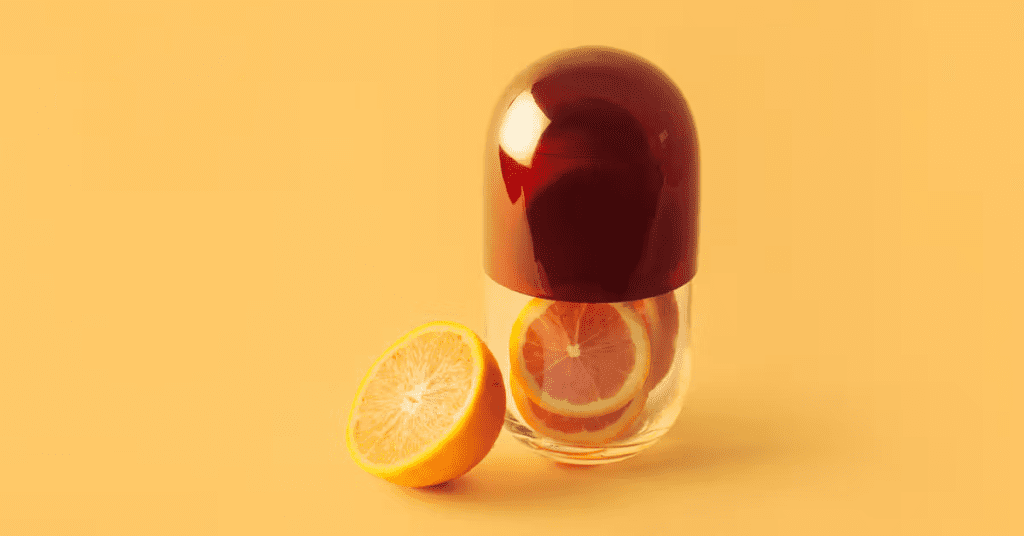
Vitamin C, or ascorbic acid, is a water-soluble vitamin that plays an important role in maintaining immune health, healing wounds, and supporting collagen production for skin, tendons, and blood vessels. As an antioxidant, it helps neutralize free radicals that can lead to aging and disease. Since our bodies cannot produce or store vitamin C, we need a daily intake through diet.
Key benefits of vitamin C include:
- Supports immune health by strengthening defense mechanisms.
- Promotes skin health by aiding collagen production.
- Enhances iron absorption, which is crucial for red blood cell production.
- Fights free radicals, potentially reducing the risk of chronic illnesses.
The recommended daily intake of vitamin C for adults is about 40-90 mg, with a higher intake suggested for optimal health benefits.
Top Fruits Rich in Vitamin C
While oranges are famous for their vitamin C content, they’re not the richest source. Here’s a list of fruits that pack even more of this essential nutrient.
1. Guava
Guava is a tropical powerhouse when it comes to vitamin C. A single 100-gram serving of guava can provide up to 200 mg of vitamin C—over four times more than an orange! Guava also contains fiber, vitamin A, and folic acid, making it a well-rounded fruit for boosting health.
2. Blackcurrants
Blackcurrants, though lesser-known, are another top contender. These small, dark berries contain about 200 mg of vitamin C per 100 grams. Blackcurrants are also rich in antioxidants, particularly anthocyanins, which have anti-inflammatory properties and may help reduce the risk of chronic illnesses.
3. Kiwi
Kiwi fruit is not only refreshing and delicious but also an excellent source of vitamin C. A 100-gram serving offers about 70 mg of vitamin C. Kiwi also provides a good amount of fiber, potassium, and omega-3 fatty acids, which support heart health.
4. Strawberries
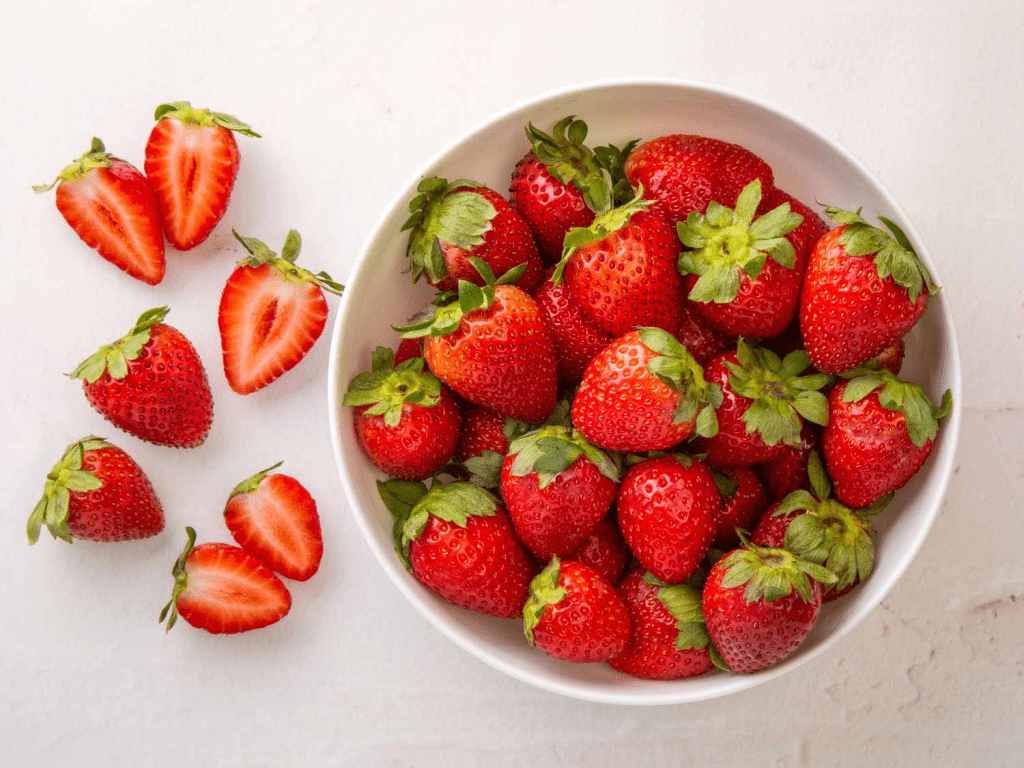
These bright red berries are packed with vitamin C, offering approximately 80 mg per 100 grams. Strawberries are also rich in fiber and antioxidants, making them beneficial for digestive health and skin. For the best results, consume strawberries raw to retain their vitamin C content.
5. Papaya
Papaya is a tropical fruit packed with both flavor and nutrients. A 100-gram serving provides about 62 mg of vitamin C. Besides, papaya contains antioxidants like carotenoids and flavonoids, which can protect against inflammation and support digestive health.
6. Broccoli
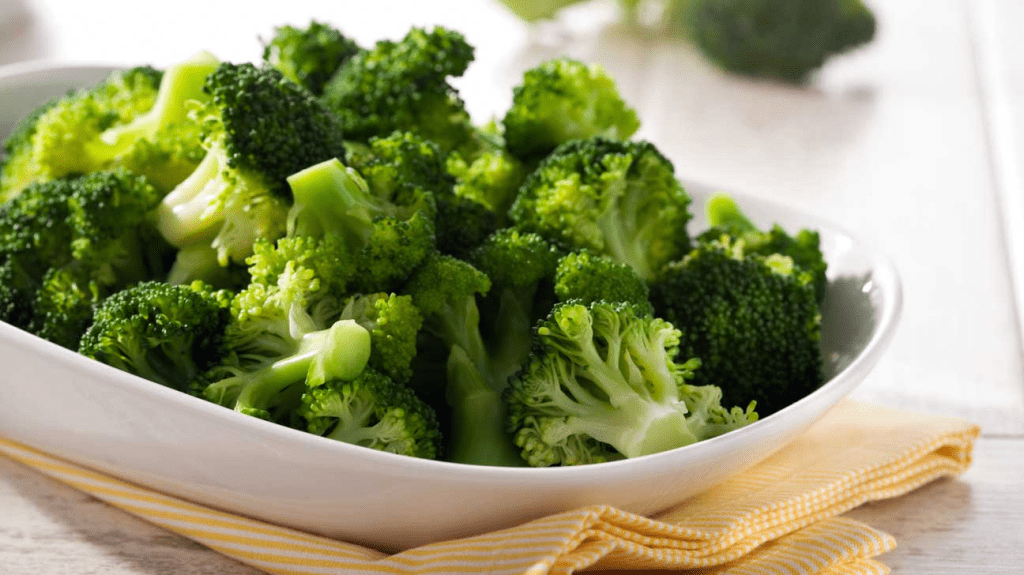
Though technically a vegetable, broccoli deserves a spot on this list due to its high vitamin C content. Just 100 grams of broccoli contain roughly 89 mg of vitamin C. Plus, broccoli is loaded with beta-carotene, calcium, and fiber, making it an excellent choice for immune support and cancer prevention.
7. Oranges
Oranges, the classic go-to for vitamin C, provide about 50 mg per 100 grams. Although they may not be the richest source, oranges are still highly beneficial for immunity, heart health, and skin health. Eating whole oranges is better than drinking juice, as it provides fiber that supports digestive health.
8. Red Bell Peppers
A surprising source, red bell peppers contain about 80 mg of vitamin C per 100 grams. These colorful peppers are also rich in beta-carotene and antioxidants, which can help reduce inflammation and support eye health. To retain the maximum amount of vitamin C, it’s best to consume red peppers raw or lightly cooked.
9. Cauliflower
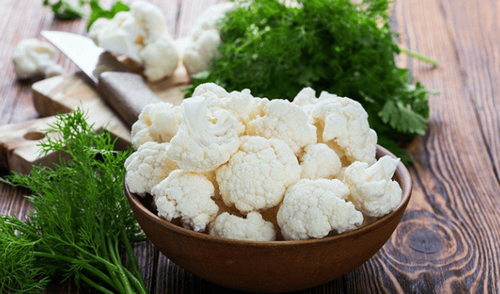
Like broccoli, cauliflower contains a significant amount of vitamin C, with about 46 mg per 100 grams. Cauliflower is also known for its anti-cancer compounds and can be steamed or lightly cooked to retain its nutritional content.
Tips for Maximizing Vitamin C Intake from Fruits
Cooking and storage methods can affect the vitamin C content in fruits and vegetables. Here are some tips to maximize your intake:
- Eat fruits and vegetables raw or lightly steamed to preserve vitamin C, as it is sensitive to heat.
- Store produce in a cool, dry place or in the refrigerator to reduce nutrient loss over time.
- Consume fresh fruits soon after purchasing as the vitamin C content decreases as the fruit ages.
How to Incorporate More Vitamin C-Rich Foods into Your Diet
Incorporating these vitamin C-rich fruits into your diet can be easy and enjoyable. Here are some ideas:
- Smoothies: Blend strawberries, kiwi, and orange juice for a vitamin-packed smoothie.
- Salads: Add slices of papaya, strawberries, or bell peppers to salads for a refreshing and nutritious boost.
- Snacks: Snack on guava or blackcurrants for a sweet and tangy vitamin C hit.
- Breakfast: Include fresh oranges or strawberries with yogurt or cereal for a healthy start to your day.
The Importance of Vitamin C for Overall Health
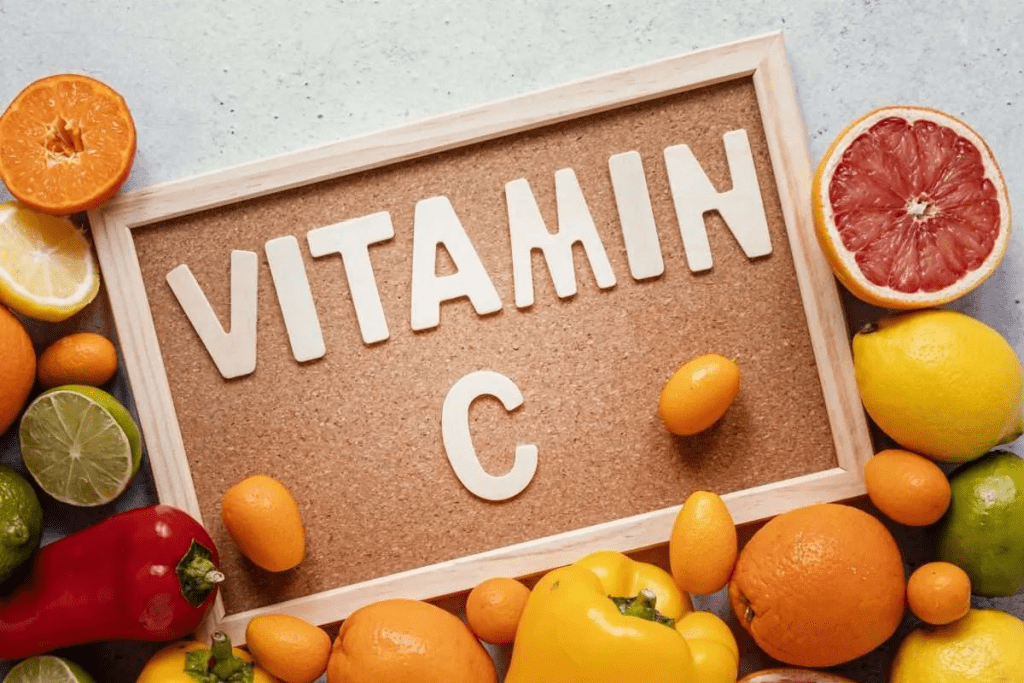
Vitamin C is critical for more than just immunity. It plays a vital role in collagen synthesis, which keeps skin, hair, and joints healthy. As an antioxidant, it fights oxidative stress, which can prevent cellular damage that leads to aging and chronic illnesses. Regularly consuming vitamin C-rich foods supports overall wellness, from strong immunity to glowing skin.
Conclusion: The Best Fruits for Your Vitamin C Fix
While oranges are a popular choice for vitamin C, guava, blackcurrants, and kiwi actually provide much higher doses of this essential nutrient. Incorporating a variety of these fruits into your diet can help you meet your daily vitamin C needs, supporting immunity, skin health, and overall wellness. Remember to enjoy these fruits in their freshest form to maximize the health benefits and keep your body fueled with the nutrients it needs.


